How does information overload make us feel?
As a parent of two, I tend to follow several parenting influencers on social media. At first, this was helpful, and I was learning and integrating tools with my kids. So, I kept following more and more parenting accounts – and then there was a shift. The content I was following was no longer helpful, it was stressful. I was starting to experience information overload.
photo by Alex Bracken
In today's digital age, social media and the internet have become integral parts of our daily lives. With so much content and information available at our fingertips, it's easy to get sucked into a never-ending cycle of scrolling, liking, following, and sharing. While social media can be a useful tool for connecting with others, staying informed, and discovering new things, it's important to be mindful of how much time and energy we're devoting to it. Here's why:
Information overload can impact mental and emotional health
One of the biggest risks of spending too much time on social media or following too many influencers is the potential for information overload. With so much content and information coming at us all the time, it can be hard to keep up, let alone process and make sense of it all. This can lead to feelings of overwhelm, anxiety, and stress, which can have negative impacts on our mental and emotional health.
For example, constantly scrolling through social media feeds can create a sense of FOMO (fear of missing out) or pressure to keep up with the latest trends and news. This can lead to feelings of inadequacy or low self-esteem, as we compare our own lives to the curated and often idealized images presented by influencers and other social media users. This can in turn lead to feelings of anxiety and depression, as well as a distorted sense of reality.
photo by Maxim Ilyahov
Moreover, consuming too much negative or distressing content can also have a negative impact on our mental and emotional well-being. For example, following influencers who promote unrealistic beauty standards, engage in toxic behaviors, or spread harmful messages can contribute to negative body image, low self-esteem, and other mental health concerns.
Tips for finding balance
So how can we find a healthy balance when it comes to social media and influencer culture? Here are a few tips:
photo by Jon Flobrant
Set boundaries: Consider setting limits on how much time you spend on social media each day, or which types of content you consume. This can help you avoid feeling overwhelmed or overstimulated.
Be selective about who you follow: Instead of following every influencer or social media account you come across, be intentional about who you choose to follow. Seek out accounts that inspire you, provide valuable information, or promote positive messages.
Take breaks: It's important to take breaks from social media and the internet regularly, in order to give your mind and body a chance to rest and recharge. Consider taking a day off from social media each week, or deleting social media apps from your phone for a set period of time.
Practice self-care: Taking care of your mental and emotional health is essential when it comes to navigating social media and influencer culture. Make sure you're engaging in self-care activities regularly, such as exercise, meditation, or spending time in nature.
I decided to select three to five influencers for each category that I like to follow on social media and unfollow the rest. This helped me feel more confident as a parent, by comparing myself as a parent to fewer parenting recommendations on social media. By being mindful of how much time and energy we're devoting to social media and influencer culture, we can avoid the negative impacts of information overload and protect our mental and emotional well-being.
cover photo by Georgia de Lotz



